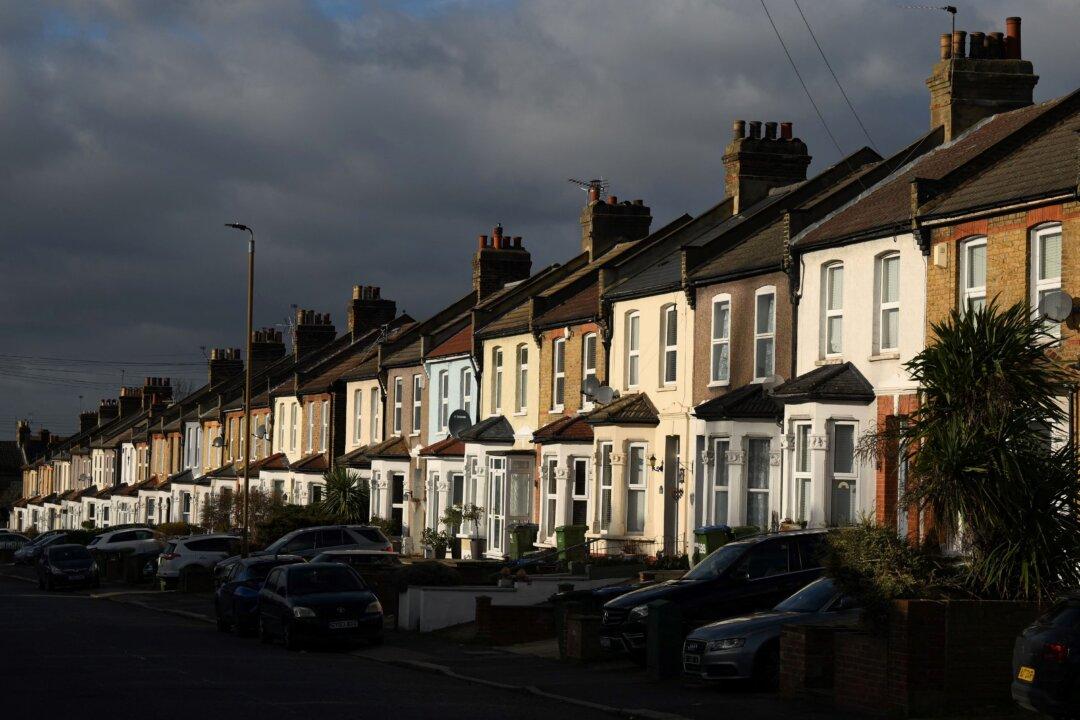House prices in the UK fell by 1.1 percent year-on-year in February, the biggest annual decline for more than a decade, according to new figures from the Nationwide Building Society.
It was the biggest annual house price fall since November 2012, and the first annual decline of UK house prices since June 2020, when the property market took a hit during the outbreak of the COVID-19 pandemic.





